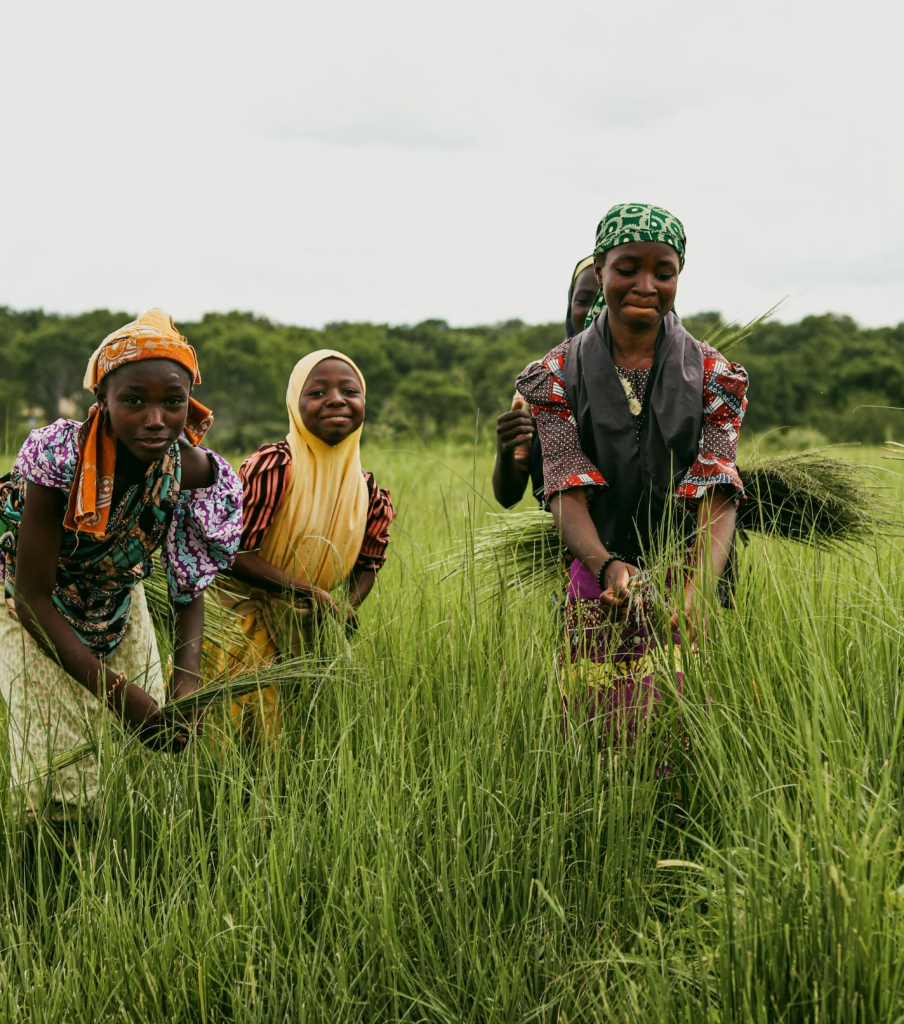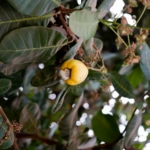
Agriculture is not only the backbone of African economies but also the daily livelihood of millions across the continent. While men have often been seen at the forefront of agricultural leadership, women have quietly and steadily driven the industry forward—especially in rural regions. Today, women cooperatives are taking center stage and playing a transformative role in shaping Africa Agri-Future.
These cooperatives are doing far more than just supporting farming activities; they are changing social norms, driving inclusive development, and helping create resilient, community-based agricultural systems. This blog explores how women-led cooperatives are influencing Africa Agri-Future in meaningful and measurable ways.
The Growing Presence of Women in African Agriculture
In most African countries, women account for up to 60–80% of the labor force in agriculture. They plant crops, manage livestock, harvest produce, and ensure food reaches homes and markets. Despite this vital contribution, they have historically faced limited access to land, financing, technology, and training.
Women cooperatives have emerged as a powerful response to these barriers. They offer a collective structure that allows women to pool resources, build skills, access markets, and advocate for their rights. By organizing together, women are gaining a stronger voice in local communities and national agriculture policies.
This collective momentum is becoming a key factor in shaping Africa Agri-Future—a future that must be inclusive, equitable, and community-led to be truly sustainable.
What Are Women Cooperatives?
Women cooperatives are formal or informal groups formed by women to pursue common economic goals. In agriculture, this can mean shared farming activities, group-owned processing centers, joint marketing ventures, or cooperative savings and credit systems.
The strength of these cooperatives lies in their ability to empower members socially and economically. They give women access to information, peer support, and bargaining power—elements often unavailable to women acting alone. This collaborative approach creates opportunities for growth and resilience that can ripple across entire regions.
Advancing Economic Empowerment
One of the most significant contributions of women cooperatives is economic empowerment. By pooling land or capital, women can farm larger areas, invest in better tools, and negotiate better prices with buyers. They can also diversify into value-added activities like food processing or organic product manufacturing.
In many rural African settings, these cooperatives serve as the foundation for household stability and community growth. For example, a group of women growing cassava in Ghana not only increased their crop yield but also launched a processing plant to convert cassava into flour. Their earnings doubled, and the cooperative became a model for others in the region.
This kind of bottom-up economic development is exactly what Africa Agri-Future needs—locally driven success stories that scale with community ownership.
Improving Access to Credit and Resources
One of the key barriers for women in agriculture has always been access to finance. Banks and lending institutions often require collateral, which many women do not have due to land ownership restrictions. Women cooperatives are finding innovative ways to overcome this.
Many cooperatives run their own savings and loan groups, providing members with low-interest credit to buy seeds, fertilizers, or equipment. Some partner with NGOs or microfinance institutions to secure group-based loans that wouldn’t be possible individually.
Additionally, cooperatives are helping women access training in modern agricultural techniques, climate-resilient practices, and digital tools. These resources not only boost productivity but also ensure that Africa’s Agri-Future is guided by informed, skilled farmers who can compete in global markets.
Fostering Sustainability and Food Security
Women often take the lead in sustainable agriculture because they are closely connected to household food security and land stewardship. Many women-led cooperatives emphasize environmentally responsible practices such as agroecology, organic farming, and water conservation.
By championing these methods, women cooperatives are building farming systems that are more resilient to climate change, preserve biodiversity, and reduce dependence on chemical inputs. They are not just feeding communities today—they are protecting the land for future generations.
This alignment with sustainability is crucial to Africa Agri-Future, especially as climate volatility threatens traditional farming models. Women are proving that profitability and environmental responsibility can go hand in hand.
Driving Community Development and Leadership
Beyond farming, women cooperatives contribute to broader social and community development. Many of them support local education initiatives, health campaigns, and youth training programs. These contributions have a multiplier effect—improving the well-being of entire communities.
Importantly, women in cooperatives often emerge as leaders within their villages and districts. They gain the confidence and experience to participate in decision-making spaces traditionally dominated by men. Some even go on to represent their cooperatives in national agricultural forums or policy discussions.
This rise in grassroots leadership is essential for shaping Africa Agri-Future into one that reflects the needs and strengths of all its people.
Challenges Still Exist
Despite their many successes, women cooperatives still face challenges. Cultural norms can discourage women from speaking up or taking leadership roles. Legal frameworks around land rights and cooperative registration can be complex or discriminatory. In some areas, women’s workload doubles as they juggle cooperative activities with household responsibilities.
To address these issues, support from governments, NGOs, and the private sector is essential. Policies that protect women’s rights, simplify land ownership laws, and provide training tailored to women’s needs will go a long way in strengthening these cooperatives.
The Future of Women Cooperatives in Agriculture
Looking ahead, the role of women cooperatives will become even more vital. With increasing global demand for ethically sourced and sustainably grown food, African women—organized, trained, and empowered—can lead the way.
Digital platforms are opening up new possibilities for market access, logistics, and cooperative governance. Partnerships between cooperatives and export businesses are already creating transparent, traceable supply chains that meet international standards.
If fully supported, women cooperatives could be the cornerstone of Africa Agri-Future—bringing productivity, equity, and innovation to a sector that affects millions of lives.
Conclusion
Women cooperatives are more than just farming groups—they are engines of change, resilience, and progress. By coming together, African women are reshaping the agricultural landscape with practical solutions, entrepreneurial drive, and a vision for sustainable growth.
As we look toward Africa Agri-Future, the involvement and leadership of women will be critical. Empowering women cooperatives today means securing a better, more inclusive tomorrow for African agriculture.











Add comment